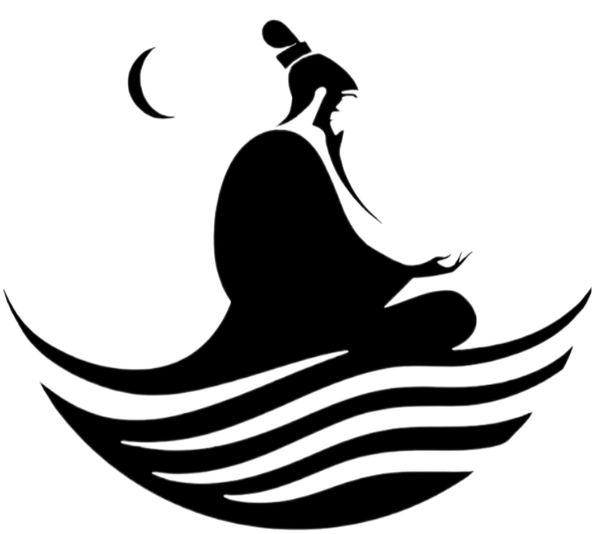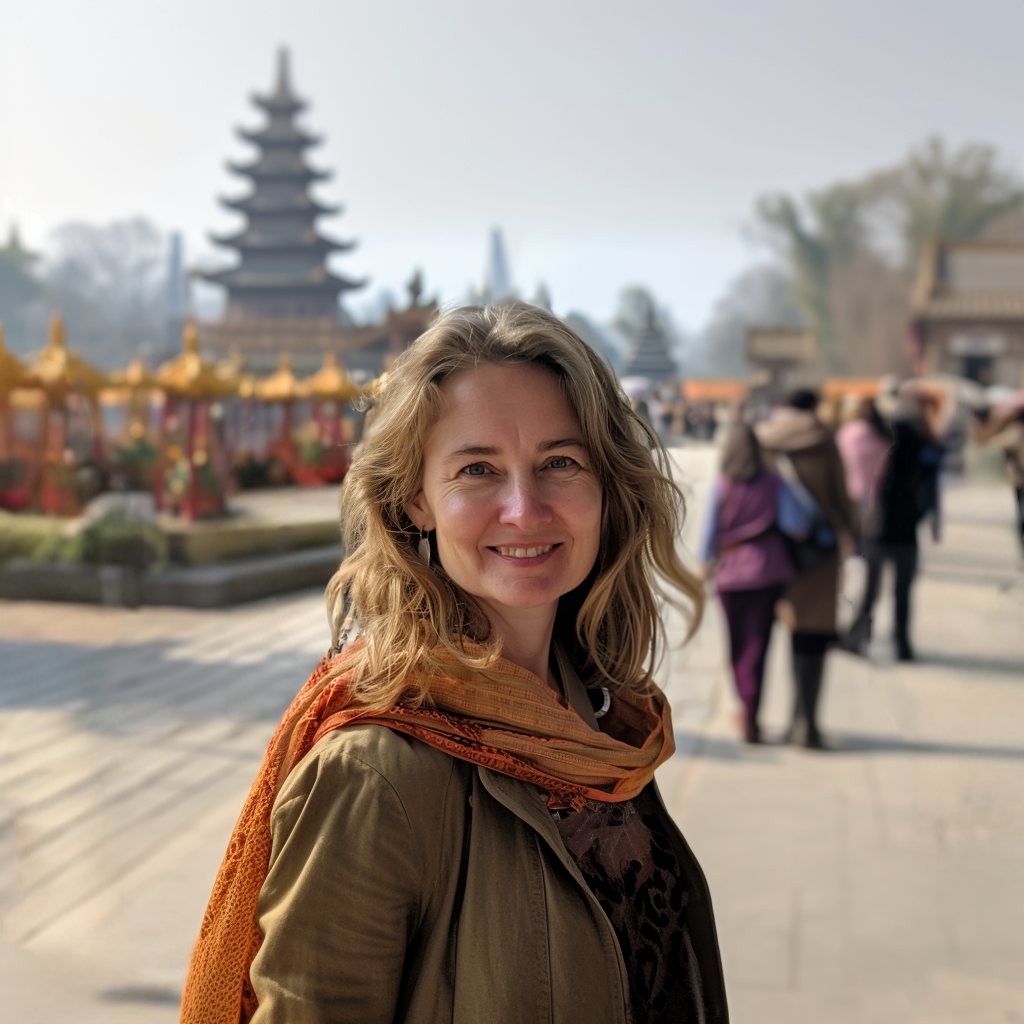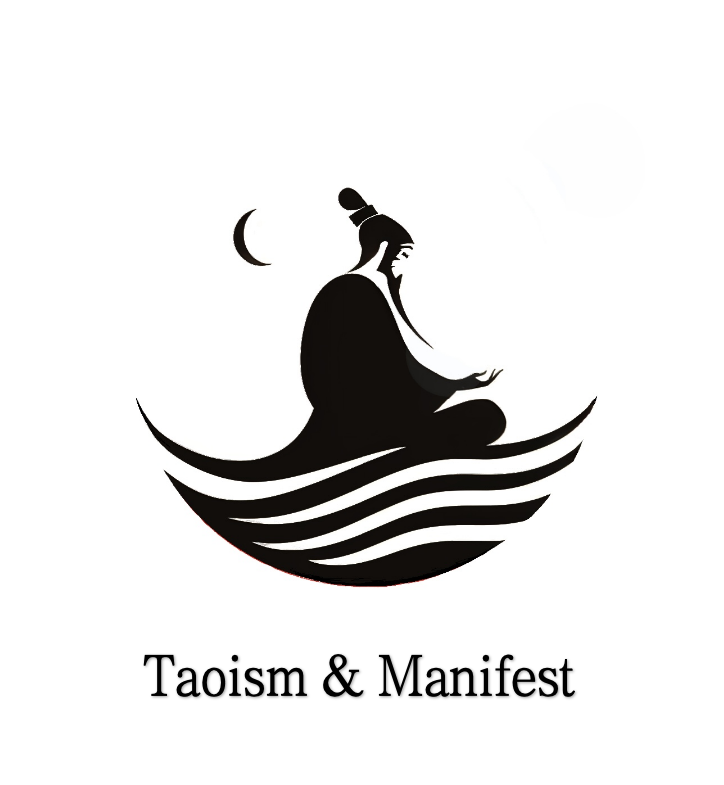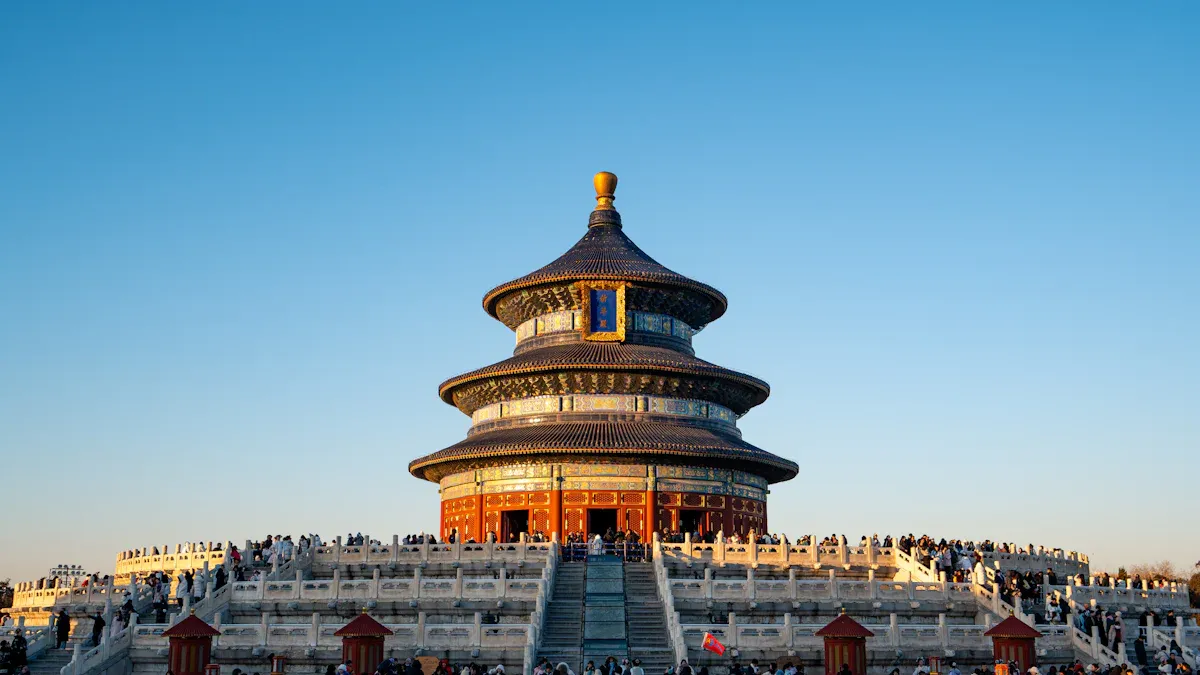
Taoism says people should not push away desire. Instead, they should try to change it by understanding and living in harmony with nature. Many people today have problems with desire. This is clear because many people struggle with desire in our world now.
Taoist wisdom comes from old books like the Qingjing Jing. These books give gentle advice for changing desire. If people follow these ideas, they can find balance and feel calm inside. This way of thinking values living in harmony with nature. It also supports a simple and natural way to grow.
Key Takeaways
Taoism says desire is normal and should be understood, not ignored or fought. The idea of Wu Wei means acting calmly and letting desires come and go without forcing anything. Practicing moderation, stillness, and simple living helps people balance desire and find real peace. Taoism teaches us to gently change desire by calming the heart, not by using strong willpower to stop it. Living in harmony with nature and trusting how things happen brings happiness and makes people feel content.
Taoism and Desire
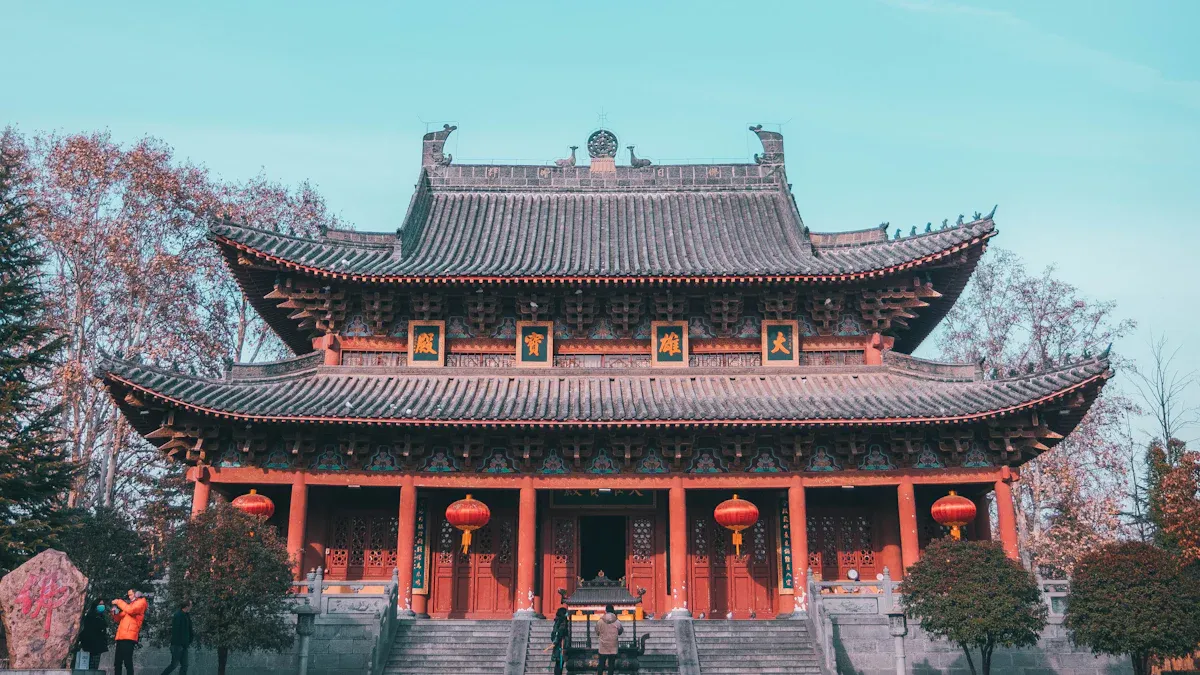
Classic Texts on Desire
Taoism has studied desire for a very long time. Old books like the Tao Te Ching, Zhuangzi, and Qingjing Jing talk about how to handle desire in a good way. Lao Tzu wrote the Tao Te Ching. He warned that wanting too much can be dangerous. He said people feel happy and calm when they know when to stop. The Tao Te Ching says desire can cause problems. But it also shows how people can change their desires. If people live simply and let things happen naturally, they can avoid trouble from wanting too much.
Zhuangzi was another big Taoist thinker. He said life is full of natural urges. He thought these urges, like desire, are not bad on their own. He told people to find their own path and let their actions flow. The Qingjing Jing, another Taoist book, says people should not let desire rule their hearts. All these books agree that people find happiness by understanding and changing desire, not by fighting it.
“Free from desire, you realize the mystery. Caught in desire, you see only the manifestations.”
— Tao Te Ching
The Heart and “欲不重不生于心”
The saying “欲不重不生于心” means if desire is not strong, it does not start in the heart. This idea comes from the Qingjing Jing and is important in Taoism. Taoism says the heart should stay calm and not want things too much. When the heart is quiet, people feel happy. Lao Tzu said people suffer when their hearts get stirred up by desire. He believed people change when they learn to rest and let go of wanting things.
Taoist teachers use stories and pictures to show how desire can upset the mind. For example, they say a restless heart is like a fish that wants bait. If the fish ignores the bait, it stays safe. In the same way, a person who does not chase every wish finds peace. Taoism tells people to return to a simple and natural way of living. This helps people change and feel happy for a long time.
Taoism does not think desire is evil. It teaches that desire is a normal part of life. The main thing is to find balance and peace. When people accept their feelings but do not let them take over, they can feel happy and calm inside. Taoist practices like meditation and mindful breathing help quiet the heart and guide people to change. In this way, Taoism gives a gentle way to find happiness and know yourself.
Wu Wei and Transformation
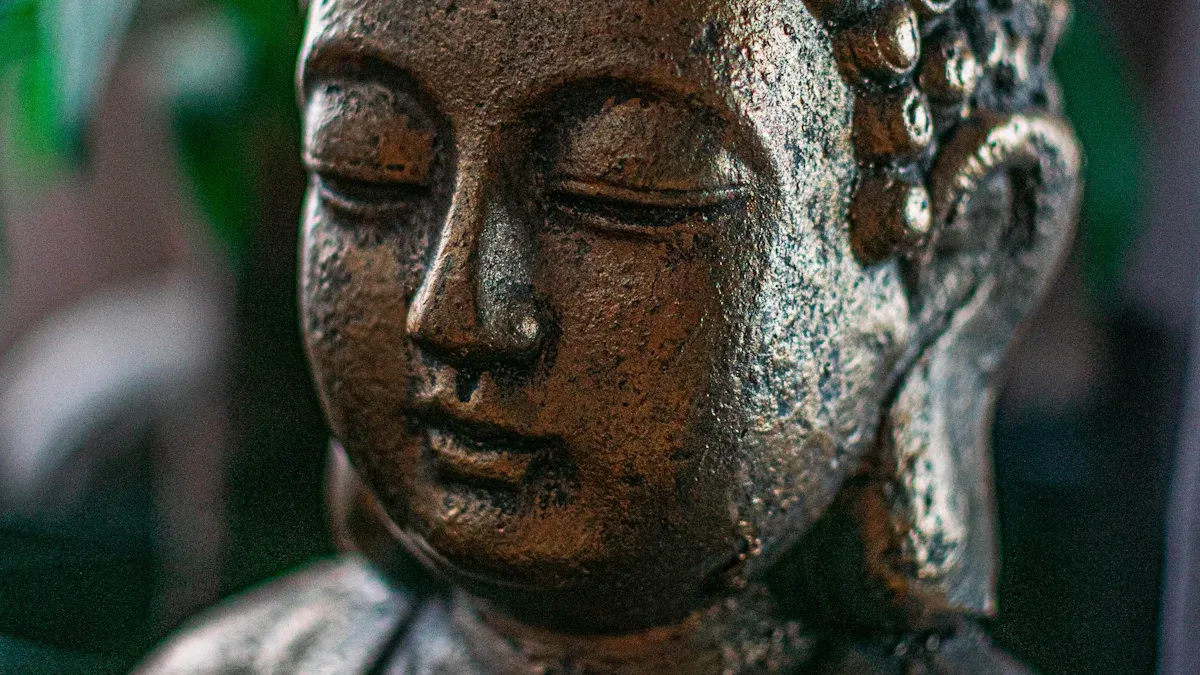
Effortless Action
Wu Wei stands at the heart of Taoism. This idea means "effortless action." People who practice Wu Wei do not force things to happen. They act in harmony with the natural flow of life. When someone follows Wu Wei, they move with the world instead of against it. This does not mean doing nothing. Instead, it means doing just enough and letting things unfold on their own.
Taoist thinkers describe Wu Wei as a way to reach contentment. They say that when people stop pushing and start trusting the natural flow, life becomes easier. The Tao Te Ching explains that the Tao "abides in non-action but there is nothing it does not do." This shows that true transformation happens without force. People who live by Wu Wei learn to use their energy wisely. They avoid stress and find peace in simple actions.
Wu Wei also helps people understand their own desires. Instead of fighting or ignoring these feelings, they watch them with calm minds. Over time, this gentle approach leads to transformation. Desires lose their power to control the heart. Contentment grows as people let go of chasing after things. They find joy in the present moment.
Tip: Try to notice when you feel the urge to force something. Pause, breathe, and ask yourself if you can let the situation unfold naturally.
Letting Desire Flow
Taoism teaches that desire is not an enemy. The key is to let desire flow like water. Water moves around rocks and finds its way without struggle. In the same way, people can allow their feelings to move through them. This is the Taoist way of non-resistance.
Non-resistance means not fighting against what you feel. When people resist, they often make their desires stronger. By letting go, they allow transformation to happen. The heart becomes lighter. Contentment grows as people stop clinging to every wish. Non-attachment plays a big role here. It helps people enjoy life without holding on too tightly.
The story of water in the Tao Te Ching shows this idea well. Water is soft and gentle, but it can wear down the hardest stone. In life, people can use this lesson. They can let their desires change naturally, without force. This leads to a deeper sense of contentment and peace.
Many modern thinkers see how Wu Wei matches ideas in psychology. Both teach that letting go and accepting the present brings happiness. Non-attachment and living with the natural flow help people feel balanced. They do not need to chase after every desire. Instead, they find transformation and contentment in daily life.
Note: Practicing Wu Wei does not mean giving up on goals. It means moving forward with ease, trusting the natural flow, and letting transformation happen in its own time.
Practical Methods
Moderation in Daily Life
Taoist teachings tell people to look for balance every day. Moderation stops desire from getting too strong. People can use moderation by eating simple foods and spending money with care. They can pick activities that help them stay healthy. The Qingjing Jing says knowing your limits keeps you away from extremes. This way, people feel more content. Many Taoist sages owned few things and enjoyed small joys. They thought happiness grows when you like what you have and do not chase more. Using moderation also means saving resources and respecting nature’s ways. These habits help people change how they feel about desire.
Eat until you feel full, not stuffed
Pick simple and healthy foods
Go outside instead of shopping for fun
Be thankful for what you already have
Cultivating Stillness
Stillness is very important in Taoist change. When people practice stillness, their minds calm down. Taoist meditation teaches people to let go of busy thoughts and wants. In meditation, a person sits quietly and breathes slowly. They pay attention to the moment. Over time, stillness turns desire into a way to find peace and clear thinking. The Qingjing Jing says a calm mind feeds the spirit. Simple things like slow breathing, gentle moves, and quiet time help people find stillness again. This brings more contentment and a deeper feeling of harmony.
Tip: Try sitting quietly for a few minutes each day. Watch your breath and let thoughts come and go without grabbing them.
Simplicity and Self-Cultivation
Simplicity is the base of Taoist self-cultivation. By living simply, people have fewer wants and less distraction. Taoists say returning to simplicity means living close to nature and caring about what matters most. People who choose simplicity often feel less stress and more happiness. They focus on good friendships, clean spaces, and easy routines. The Qingjing Jing teaches that when wants get quiet, the world feels more peaceful. Going back to simplicity helps people change and be true to themselves. Over time, happiness grows and life feels more balanced and joyful.
Keep your home neat and free of clutter
Spend time in nature to feel its rhythms
Think about what matters and let go of what does not
Misconceptions
Suppression vs. Transformation
A lot of people think Taoist practice means you must push away desire. But this is not right. Taoist texts say you do not control desire with strict rules. They teach that you can feel calm by letting go of strong wants. This happens through being natural and empty inside. The mind is like a mirror. It shows what comes but does not keep it. If you try to force away your wants, they often get stronger. Taoist wisdom says change happens when your heart is quiet and open. People learn to let their wants fade on their own. This soft way lets your spirit lead, not your senses. You end up with a calm mind and feel balanced.
Note: In Taoism, transformation means letting wants get weaker on their own, not fighting them with willpower.
Many people do not see this. Some think acting without desire means you really want to stop wanting. Taoist teachings say real freedom comes from living with the natural flow. It does not come from chasing or crushing wants. Acting without desire is a skill. It grows as you practice self-cultivation and learn to trust the process.
Taoism and Other Philosophies
Taoism is different from other big philosophies in how it sees desire. Buddhism teaches people to let go of wants to end suffering and reach Nirvana. Confucianism cares about moral rules and social duties. It guides people to control their wishes for the good of all. Taoism values living with nature and finding balance by acting with ease.
Western philosophies often say you should use reason and effort to control wants. They tell people to use their minds and willpower to shape life. Taoism is not like this. It tells people to be open and flexible. Move with life’s flow, not against it. This way, change happens. Wants lose their hold as people match the natural world.
Tip: Each tradition has its own way to deal with desire. Taoism asks people to find peace by letting go and trusting how things work naturally.
Taoist wisdom teaches that people can change desire by learning about it and living in balance. Using moderation, stillness, and Wu Wei helps people feel peaceful and grow. Many people who try these ways say they feel healthier, calmer, and happier for a long time. Feeling happy takes the place of always wanting more, and stress goes away. People who change how they deal with desire often find more joy and peace every day.
FAQ
What does Taoism say about desire?
Taoism teaches that desire is natural. It does not see desire as bad. People can learn to understand and transform desire by living simply and following the flow of life.
What is Wu Wei and how does it help with desire?
Wu Wei means "effortless action." People use Wu Wei to let desires pass without struggle. This helps them feel calm and balanced. They act in harmony with nature.
What practical steps can someone take to moderate desire?
People can practice moderation by eating simple foods, spending less, and enjoying quiet time. Meditation and mindful breathing also help calm the mind and reduce strong desires.
Tip: Try sitting quietly each day and notice your thoughts without judging them.
What makes Taoism different from other philosophies about desire?
Taoism does not force people to suppress desire. It encourages gentle transformation. People learn to let go naturally. This approach feels softer than strict rules found in some other traditions.
What is the meaning of “欲不重不生于心” in Taoism?
This phrase means "If desire is not heavy, it does not arise in the heart." Taoism teaches that a calm heart brings peace. People feel happier when they keep desires light.
